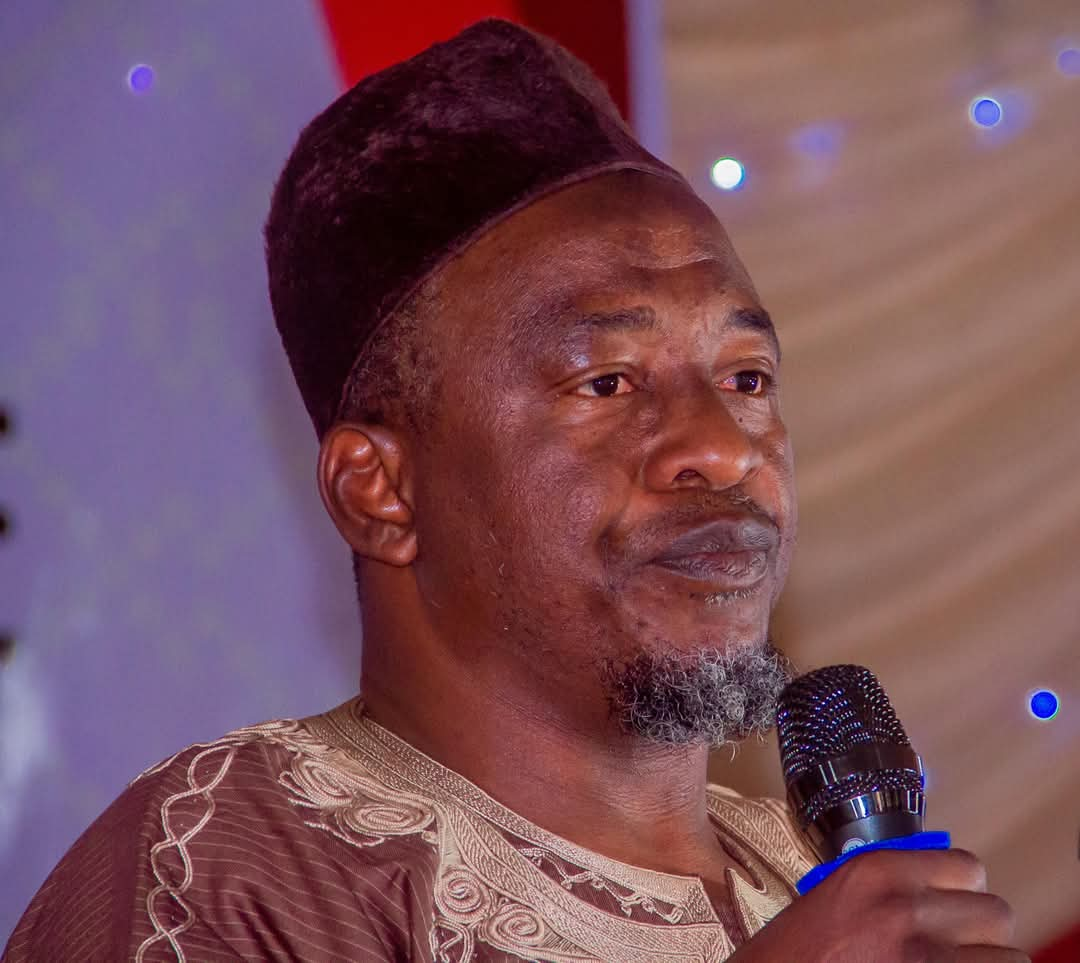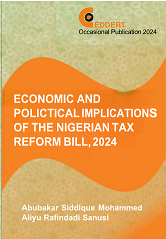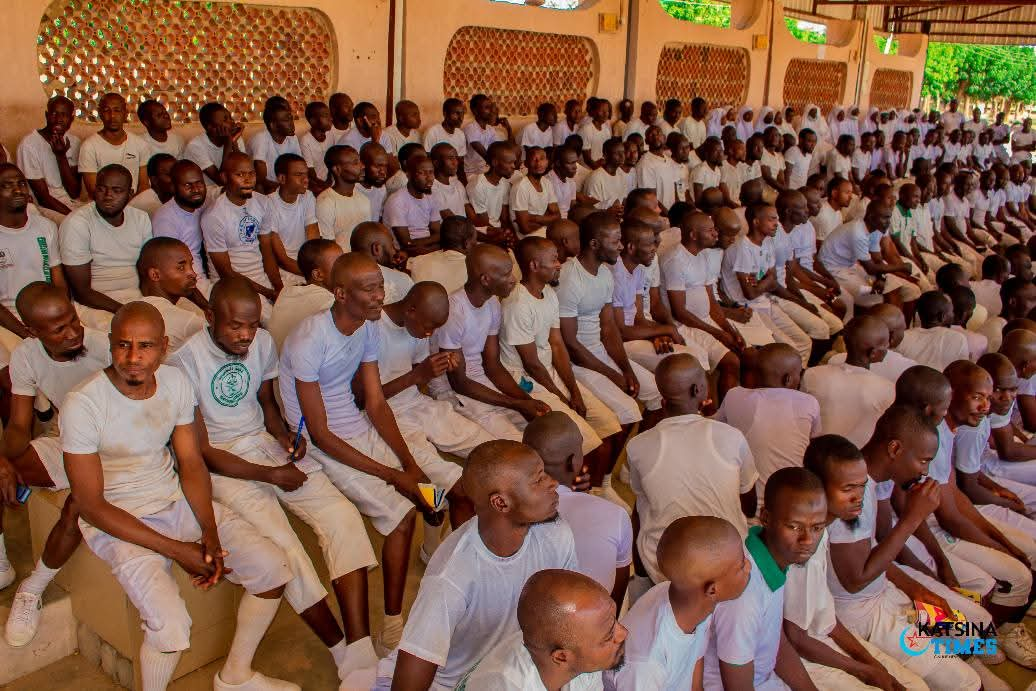Prof. Dogarawa Exposes Tax Reforms' Dark Side

- Katsina City News
- 06 Dec, 2024
- 1411
By Zaharaddeen Ishaq Abubakar, Katsina Times
In a detailed lecture held at the Lawal Kaita Conference Hall of Al-Qalam University, Katsina, on Friday, December 6, 2024, Prof. Ahmad Bello Dogarawa dissected Nigeria's proposed Value Added Tax (VAT) reforms and revenue allocation framework. His insights, which brought together economic experts, religious scholars, and the media, exposed critical shortcomings in the proposed fiscal policies, sparking debates about their economic, constitutional, and religious implications.
VAT Allocation: Skewed and Unclear
The proposed VAT allocation splits revenue as follows:
- 15% for the Federal Government,
- 15% for State Governments and the FCT,
- 35% for Local Governments, and
- 20% derivation for states and local governments.
However, Prof. Dogarawa highlighted the ambiguity surrounding the term "derivation" in the VAT Amendment Act 2007. Without a clear definition, interpretations differ, resulting in skewed allocations that disproportionately benefit states such as Lagos, Ogun, Rivers, and the FCT, while neglecting others. He criticized the practice of basing VAT revenue on the location of company headquarters instead of actual points of consumption, which he argued distorts equity.
Incremental VAT Rate: Economic Pressure
The planned VAT rate increases—10% in 2025, 12.5% in 2029, and 15% by 2030—have ignited public outcry. As a consumption tax, VAT directly raises prices and intensifies inflationary pressures. With the removal of fuel subsidies and the floating of the naira, Nigerians are already facing unprecedented economic challenges. The rate hikes, if implemented, could exacerbate the country’s inflation woes, driving more citizens into poverty.
Inheritance Tax: Unconstitutional and Religious Concerns
A particularly contentious proposal in the Nigeria Tax Bill 2024 seeks to impose taxes on inheritance wealth before distribution to heirs. Prof. Dogarawa described this provision as both unconstitutional and in direct conflict with Islamic inheritance laws, which categorically exclude the government as a beneficiary. He warned that such policies infringe on religious freedoms protected under Nigeria’s constitution.
Recommendations for Reform
Prof. Dogarawa outlined key recommendations to address the flaws in Nigeria's fiscal policies:
1. Define "Derivation": Ensure that revenue allocation reflects the actual location of consumption rather than production or corporate headquarters.
2. Improve Infrastructure: Invest in robust systems to accurately report VAT generation, enabling fair and transparent allocation.
3. Respect Religious Laws: Exclude inheritance wealth from taxation to align with constitutional provisions and religious teachings.
Economic Experts Call for Transparency
Prominent economist Mr. Tayo Oedele, who once opposed VAT increases, faced public scrutiny over his support for the reforms as Chairman of the Tax Policy and Fiscal Reforms Committee. Many have called for a detailed explanation of his position, given its apparent contradiction to his earlier stance.
Broader Implications
Prof. Dogarawa emphasized that poorly designed tax policies not only risk exacerbating economic inequality but also erode public trust in government institutions. He urged the Federal Government to revisit the tax bills to ensure they align with Nigeria's socio-economic realities and constitutional provisions.
“The government must prioritize fairness, transparency, and respect for religious principles,” he concluded. "Reforms should work for the people, not against them."
The lecture resonated deeply, sparking calls from various stakeholders for immediate dialogue to prevent further economic hardship and social unrest in Nigeria.





